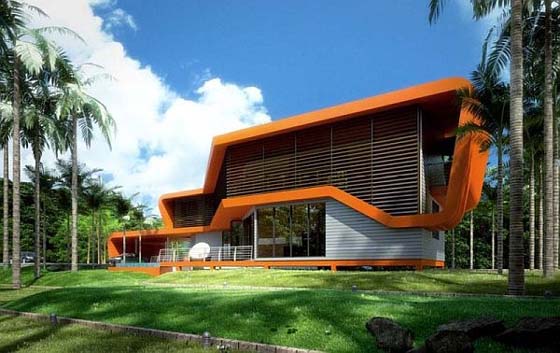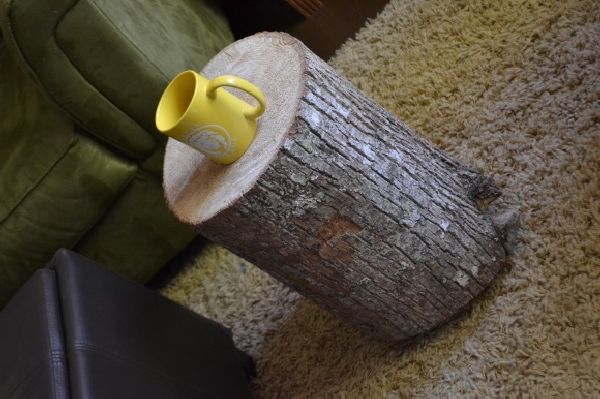Building a house is never an easy task. Most of the people are worried about the cost that might be incurred at the time of construction. Many come up with various solutions to plan a cheaper budget, but in the process, you should take care that it does not affect the environment adversely. Given below are certain ways by which you can limit your house building costs without affecting the environment.

Use recycled bricks and insulation
Many companies have taken the initiative to collect bricks from demolition site and recycle them. These bricks are cheap and since they are recycled, they contribute to the well being of our surroundings. In addition to this, you can also insulate the outer walls of your house. A thin layer of cellulose can be applied which prevents heat and harmful UV rays from penetrating inside the homes. The coating is very even and it does not leave any gaps. It is cheaper as well and one layer of coating is sufficient for many years. The insulation material is widely used these days and you can get it from any hardware store.
Using double-paned windows
There is a penetration of UV rays through windows and doors. In order to prevent this, you can install a double-paned window. Its thick double-layered glass protects the house from getting heated up. This is slightly expensive but has great results in the long run. These windows come in the form of ready-to-fit windows. A cheaper alternative is using a metallic finish on the glass panes of your windows. They reflect the harmful ultraviolet rays of the sun and thus protect your homes. For people who already have wooden windows but face problems of unbearable heat should especially go for this method, as it does not involve the total replacement of the already existing windows. Having many windows and doors within the house will help in proper ventilation. This will help in less usage of air-conditioners and other cooling devices, which affect the environment adversely.
Eco-friendly flooring
All of us would love to have the wooden floors. However, very few of us actually bother to calculate all those years it takes a tree to grow that tall only to be cut and treaded under our feet. Better alternative is using the bark of cork tree. The bark of this tree is its biggest enemy as it leads to its death if not harvested regularly. The flooring comes in many different patterns and colors. Therefore, it solves your problem of matching your interiors with the floor. It has other benefits too. It is durable, easy to clean, and absorbs noise and heat. There are other alternatives too. You can go for reclaimed wood like the one used in tobacco barns or railways lines. They provide an entirely new texture. Other options like carpet floor tiles, rammed Earth, Linoleum flooring, etc. are also very common and eco-friendly. There is no special equipment required for the flooring to be done. You can use the simple flooring techniques.
Lighting
Proper lighting is necessary for any household. There are various requirements based on the intensity of the light needed for various purposes. LED lights are the best option. They use the least possible electricity against their halogen counterparts. They also have a very long durability. You need not replace them every now and then. Another benefit of these lights is that you can fit them at difficult spots too, like high up in the ceilings or some crooked, hard to reach corner. These lights work for 20 years or beyond.
Water management
Though the initial cost is high, it has long-term benefits. Rainwater harvesting is the best procedure. Do not let the rainwater runoff. To start, build open pipelines around your rooftops or any other area that receives good amount of rainfall. This water can be made to run towards a storage location using the same pipelines. Alternatively, you can use your shed for storing it in barrels. This water can be later used for washing clothes or in the garden. Some people also take the initiative to recycle the water used during laundry, etc. If you live in an area where there is sufficient sunlight during the day, you can use this for other purposes. Install a solar heating panel on your rooftop or any open area. Solar energy is thus used for heating water, which can then be used. The initial cost may be high but it will save you from the recurring electricity bills that soar up due to electricity consumption.
Conclusion
Using alternatives, keeping the environmental concern in mind is going to prove worth a long way. All you need to do is a little planning, weighing the pros and cons of your actions that affect the nature. If each individual takes care of his or her home, the world is bound to be a healthier place.




